Hey Folks! Long time no speak. It’s been a super busy year so far, but I’ve finally managed to sit down and blast out an article. In the wake of two of the most successful game jams I’ve run yet (in both quantity of people and quality of products), I’ve decided to do a write up about game jams.
So without further ado…
What is a Game Jam?
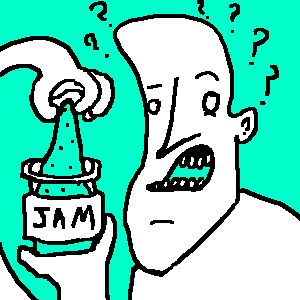
In a nutshell, take a pile of folks of different levels and areas of experience, but with a unified and unstoppable drive, plonk them in a room together, give them a theme and a finite amount of time and see what wonders they create. So far, I’ve been to around 12 different ones and have run 8 myself.
So why go to a Game Jam?
Here’s a bunch of reasons of why you should think about attending. Feel free to add more reasons in the comments below!
Get a Vertical Slice of Games Production

They provide a decent vertical slice of games production in a ridiculously short period of time. Most are between 24 to 48 hours, but I’ve done events as short as one hour. Go from a concept to a fully realised product very quickly. The way I usually explain it to folks is you could spend your whole life studying cookery - the composition of the ingredients, the structure of the untensils to prepare the food, but when you actually start making things (and more to the point, making the mistakes), you’ll learn so much.
Finishing a project feels good.

Completing a game jam will give you that knowledge that the end of a project is a tangible thing, which is an incredibly helpful when you’re deep down in the grimmest parts of games development. One of the most common situations I’ve come across in collaborative projects the mid-project lull:
A. Development starts with intense work.
B. Slows in the middle as people get bored/weary of work.
C. Mad rush at the end to get everything done as time runs out.
Game jams essentially cut out the middle part, so you get the enthusiasm at the beginning, yet the knowledge that you’re already running out of time.
Mind. Grown.

You’ll learn a lot and you’ll be surprised at how much you can get done. One element of running these events has been wonderful is seeing the complexity and scope of their games slowly grow of teams each time I run the events. An excellent indicator as well was the number of people at the last event who stayed back to play each other’s games for an extra hour!
Working with a mixed bunch.

You’re working with other individuals who bring their area of expertise to the table. Working in a team also makes it a lot easier to get started as you’re not having to learn everything at once, along with the feedback and guidance of others.
It’s a great opportunity to get involved with new mediums. The game jams I’ve been running have a super strong presence from the music and sound production, so as a standard the games have super awesome audio (Which is hillarious when you have some simple pixel art with a ridiculously orchestal soundtrack) We’ve even had a voice actress attend, write a full narrative for our game then it recorded in a variety of different characters. For future events I’m getting engineers involved to build awesome controllers and bizzare contraptions. Working with Tyler in the summer confirms that getting visual artists on board would also be amazing.
Opportunity for experimentation

Opportunity for experimentation outside of commercial risk (super short time investment, so if it sucks it’s not the end of the world/company).
BUT
Opportunity for commercial gain

Titan Souls and Sublevel Zero started as game jam projects and due to their efforts, they’ve been given the funding to reach their full commercial potential. There’s opportunity for a lot of exposure, especially with the likes of LUDUM DARE and The Global Game Jam. Having success at one of these events as a starting point for a project is only a good thing.
Teamate Tester

A very good method of scouting potential team mates/employees. Seeing if they can put their money where their mouth is and get the work done under pressure is useful. There’s also the factor of whether your personalities are compatible. Obviously full time development is a different kettle of fish, but it’s an extra tool at your disposal for finding the right people to work with. What’s been particularly cool from the events is I’ve noticed consistent teams slowly forming, which I hope in the long run will lead to longer collaborations (and at the least, amazingly awesome game jam games).
And of course…

It’s Super Duper FUN.
How can I get involved?
Check events like Eventbrite and Meetup for developer communities in your local area, and usually there should be something happening.
Physically attended game jams - Attend an event with other developers, jumble yourselves up into teams and work flat out! Out of the two, I personally prefer this option.
No venues/events nearby?
Digital attended game jams - With likes of the Global Game Jam and Ludum Dare, you have the option to submit online, therefore if you can’t attend the event you can still post up your work and get involved remotely either alone or with local devs!
Or…
START YOUR OWN!
Having done it a bunch of times, I can tell you it’s a pretty easy process. With the digital tools of today, it’s a piece of cake to get a group of people together and once you’ve picked the theme and the teams chosen, the event basically runs itself. Having said that, here’s a bunch of things you’re going to want to consider….
Venue
Getting somewhere to host the event is probably one of the trickiest (especially if you’re on zero budget). Community centers/sports halls are usually dirt cheap to book out, especially if you can get a small donation from attendees. Checking with local pubs that have upstairs space is also good. Libraries also work (but obviously you’re going to have to be considerate of other users).
For the events I’ve run in the past, I used a room of my local university. Eventually this got their attention and they offered me a bunch of resources, computers and materials to run the event with. It’s a benefit for both parties, as the students who’ve attended the events have learnt from those attending with greater experience and created some fantastic things. Getting in touch through computing societies is usually a good first place to check. An ace resource that’s worth checking out for this route is MLH, an organisation that work with Universities providing funding and support for running Jams and Hackathons.
In the very worst case scenario, you can always host it at home!
I HAVE THE POWER! Cables
You’re going to need a lot of power cables and multisockets. If you don’t have a bunch lying around, ask attendees to bring some with them (As the last thing you need is more stress whilst working of your battery power running out).
WIFI/Memory sticks
Access to web is a dealbreaker, although if it’s purely for file transfers, make sure you’ve got a bunch of memory sticks at hand. That way, folks can transfer files without needing web access in case you encounter internet downtime.
LET PEOPLE KNOW WELL IN ADVANCE
People have very very very busy lives. Getting a date down in their calendar in good time will help attendance.
If I can think of any more suggestions I’ll add them to the post - if you have any, let me know in the comments!


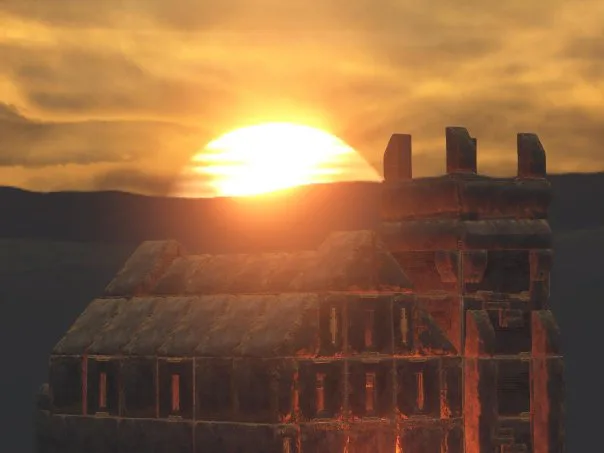
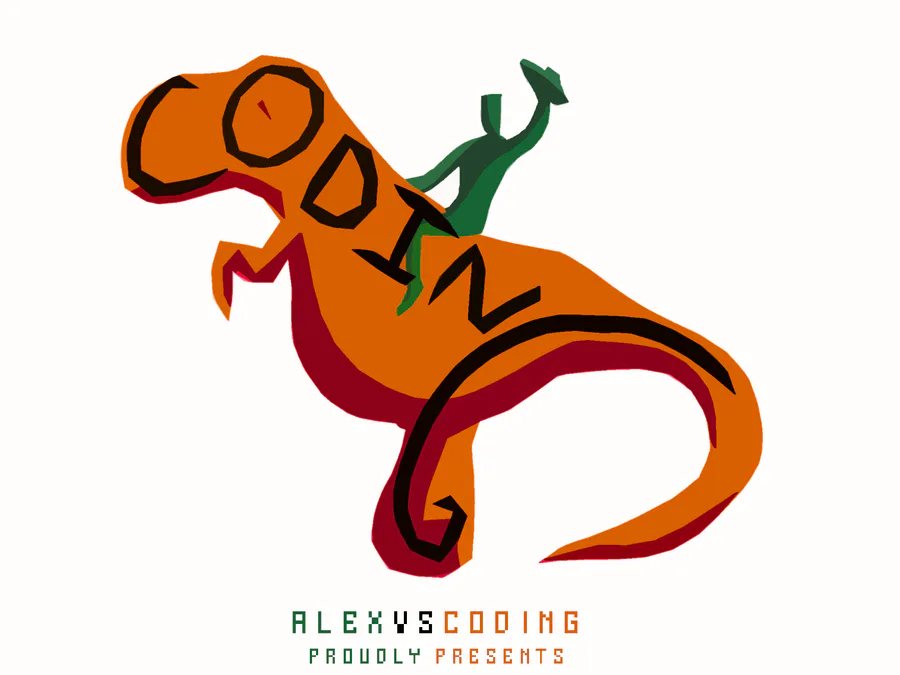

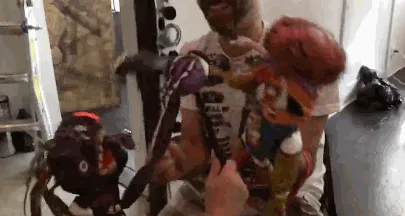


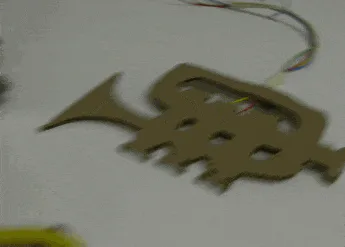
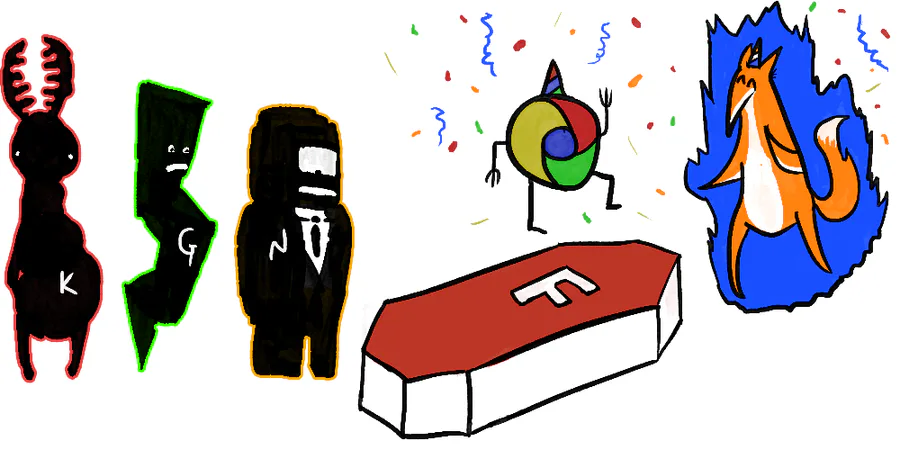
5 comments